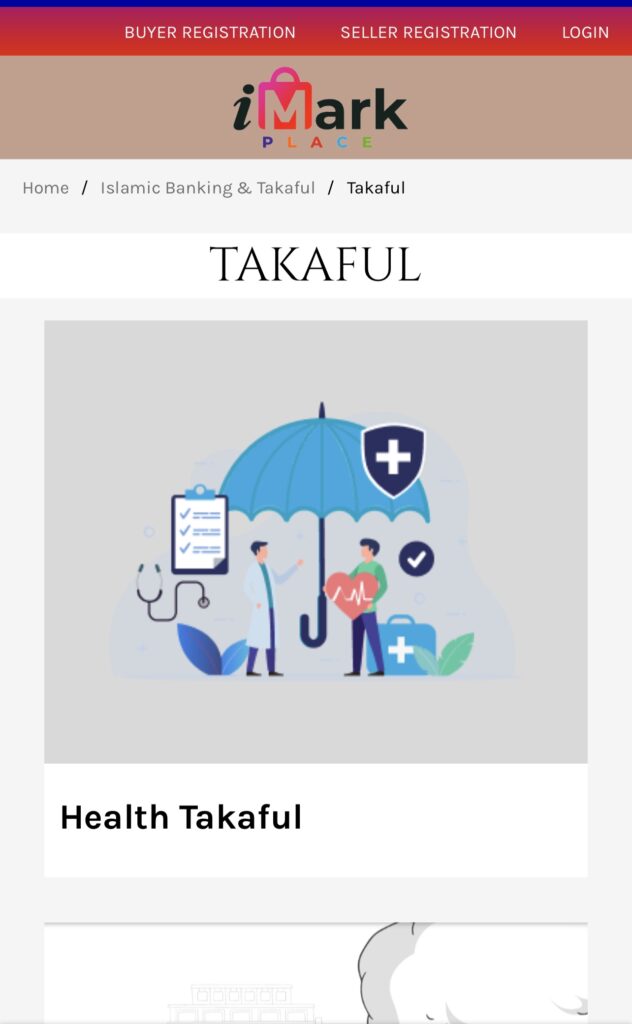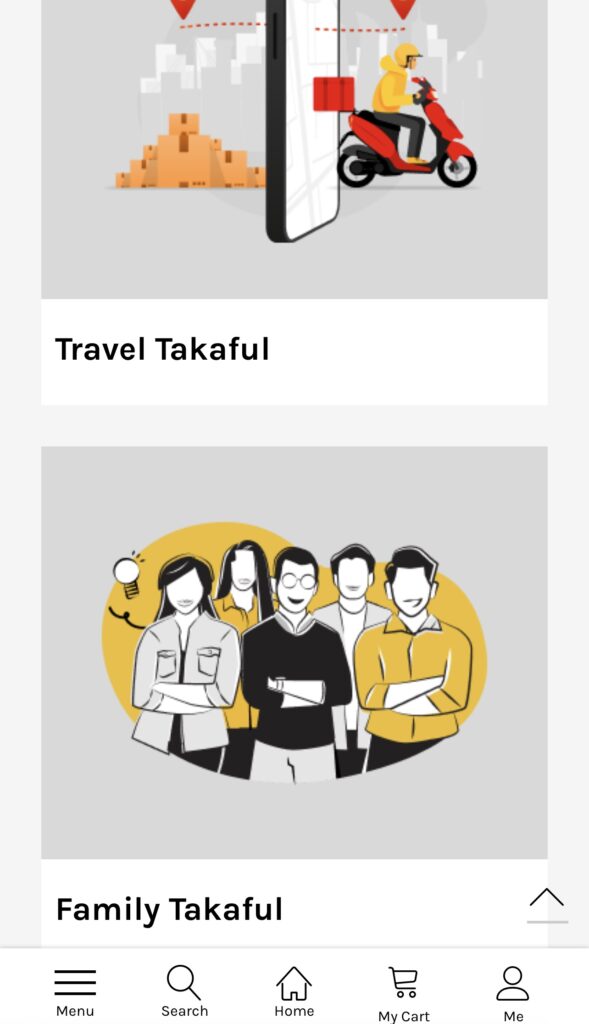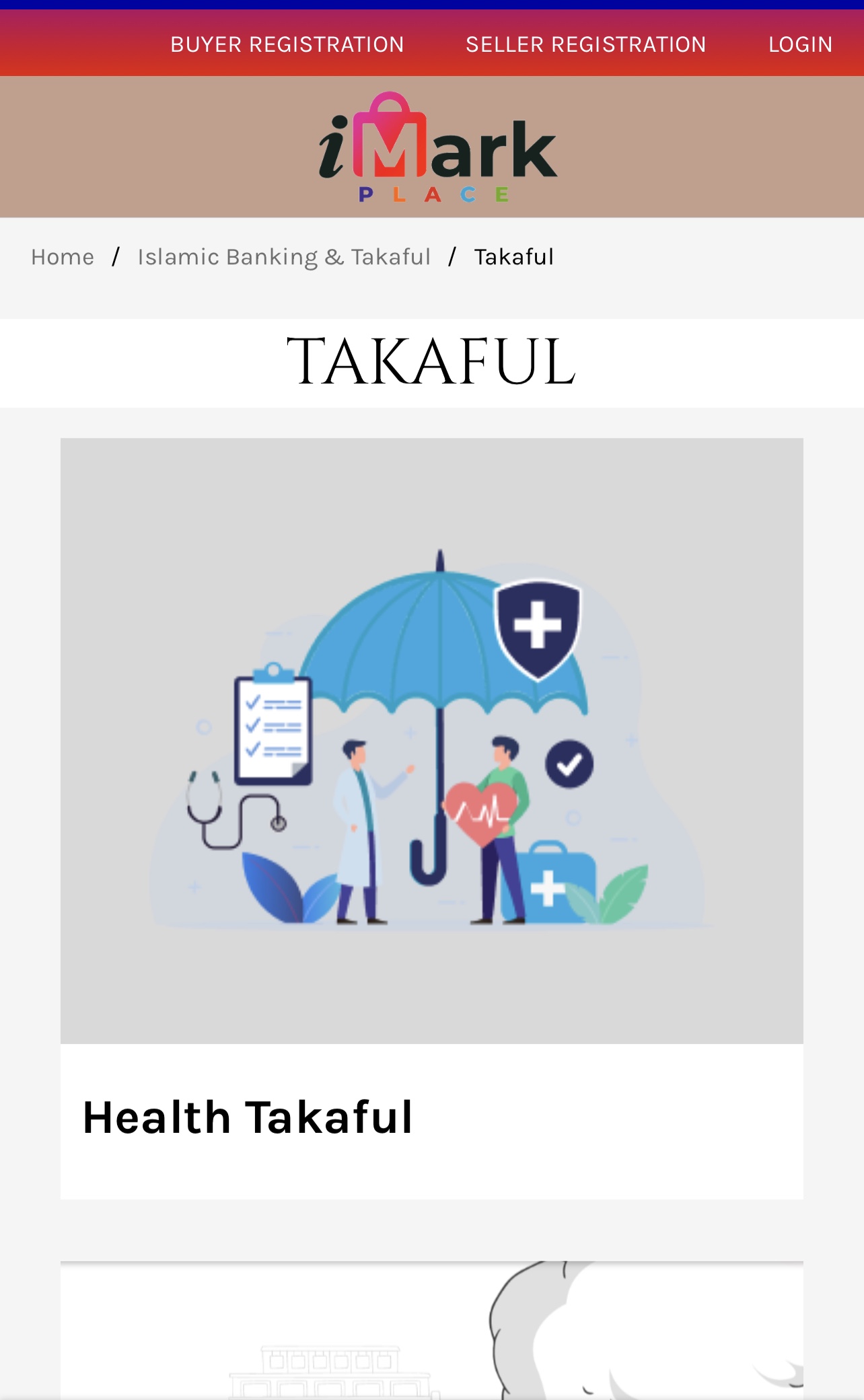Introduction:
In the world of finance and risk management, insurance plays a vital role in providing protection and security. However, in certain regions where Islamic principles govern the way of life, an alternative approach known as Takaful has emerged. Takaful is a unique system that adheres to Islamic principles and offers a distinct approach to insurance. In this article, we will explore Takaful in detail and highlight its differences compared to the conventional insurance system.
Understanding Takaful:
Takaful, derived from the Arabic word “kafalah” meaning mutual guarantee, is a cooperative risk-sharing system based on the principles of Islamic law (Shariah). It emphasizes the concepts of solidarity, mutual assistance, and joint responsibility among participants. Unlike conventional insurance, which is based on the principle of risk transfer, Takaful operates on the principle of risk sharing.
Key Differences with Conventional Insurance:
1. Ownership and Governance:
In conventional insurance, the policyholders are customers who purchase insurance policies from an insurance company. The company assumes full ownership of the premiums and the risks involved. In contrast, Takaful operates as a mutual arrangement, where participants pool their resources and collectively own the Takaful fund. The participants, as owners, also have a say in the governance of the Takaful operations.
2. Risk Sharing:
In conventional insurance, the insurance company assumes the risks of the policyholders in exchange for a premium. The company indemnifies the policyholder against potential losses. Takaful, on the other hand, follows the principle of shared responsibility. Participants contribute to a common pool, and in the event of a loss suffered by any member, the funds are utilized to compensate the affected participant. Any surplus remaining after claims and expenses are distributed among the participants based on a pre-determined ratio.
3. Prohibited Elements:
Conventional insurance often involves elements that are considered forbidden in Islamic principles, such as interest (riba), uncertainty (gharar), and gambling (maysir). Takaful adheres to Shariah principles and strictly avoids these prohibited elements. The investment of Takaful funds also follows ethical guidelines, ensuring compliance with Islamic finance principles.
4. Moral and Ethical Considerations:
Takaful emphasizes the importance of ethical behavior and moral responsibility. The system encourages participants to support one another and show solidarity during difficult times. It promotes the concept of brotherhood/sisterhood and encourages charitable activities. Conventional insurance, while serving a similar purpose, may not have the same focus on ethical considerations.
5. Development of Takaful Models:
Over time, various Takaful models have been developed to suit different needs and preferences. These include Mudarabah (profit-sharing), Wakalah (agency), and Wakalah-Mudarabah hybrid models, Waqf and WALA lag model is used in Pakistan . Each model has its own operational framework and variations, allowing flexibility to cater to specific requirements.
Conclusion:
Takaful presents a unique approach to risk management and insurance, guided by the principles of Islamic law. It offers an alternative system that promotes cooperation, shared responsibility, and ethical considerations. By understanding the differences between Takaful and conventional insurance, individuals and communities can make informed decisions regarding their risk management needs while aligning with their religious beliefs and values.
For acquiring TAKAFUL services very quickly please visit the following address:
https://imarkplace.com/services/islamic-banking-takaful/takaful.html



